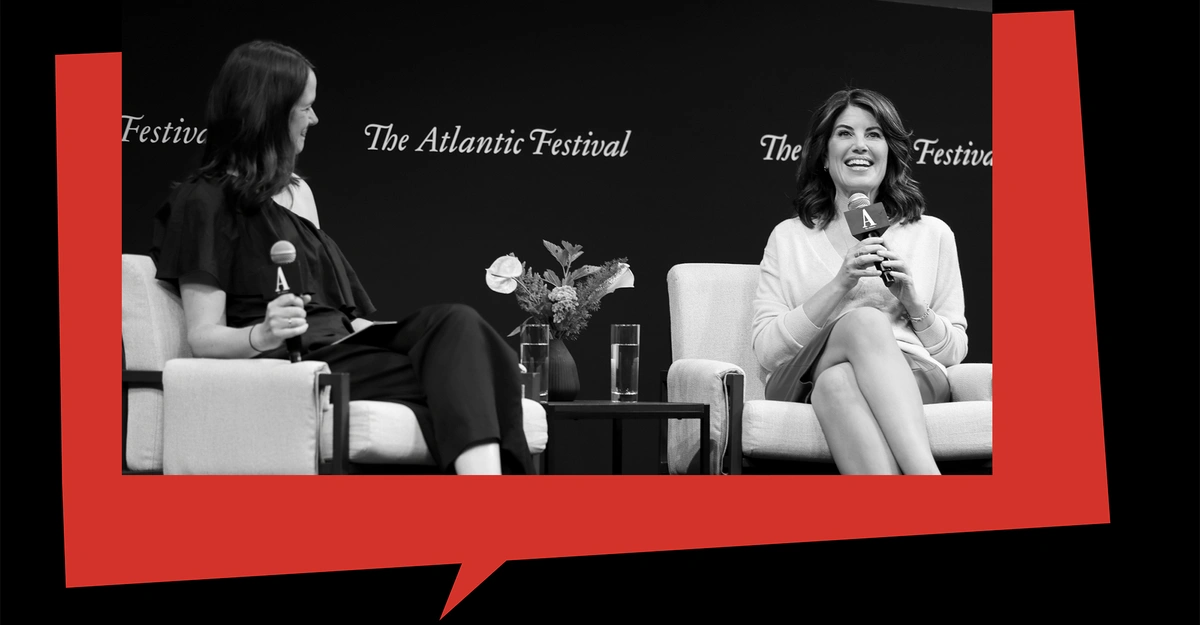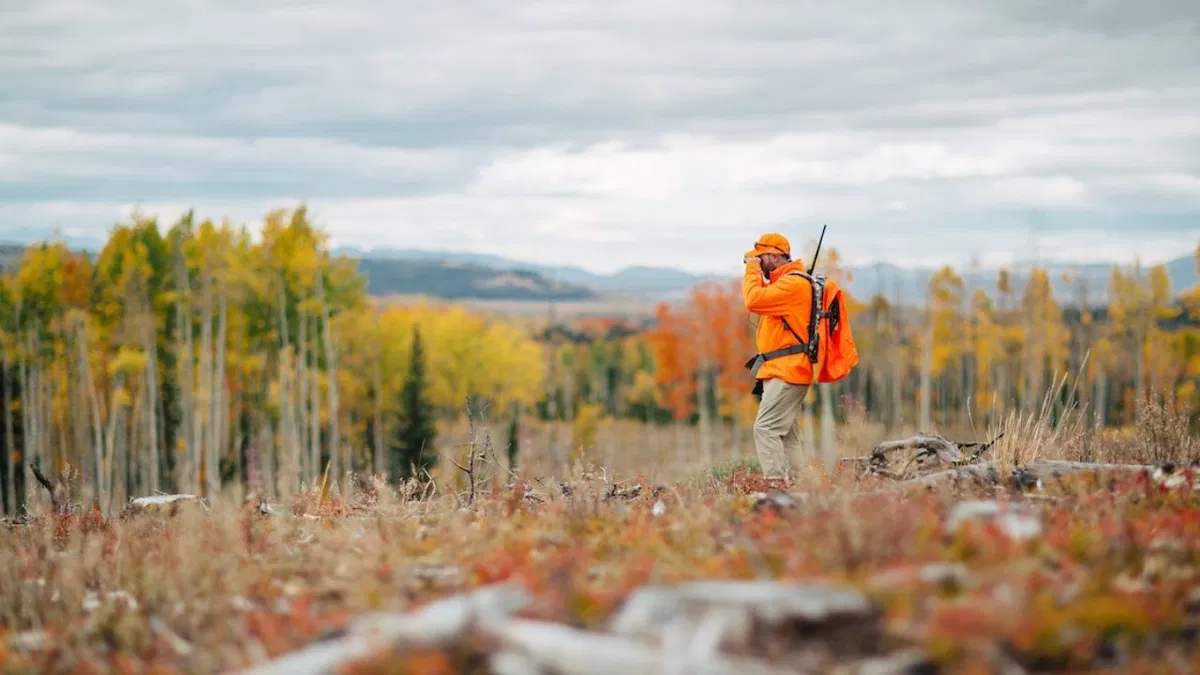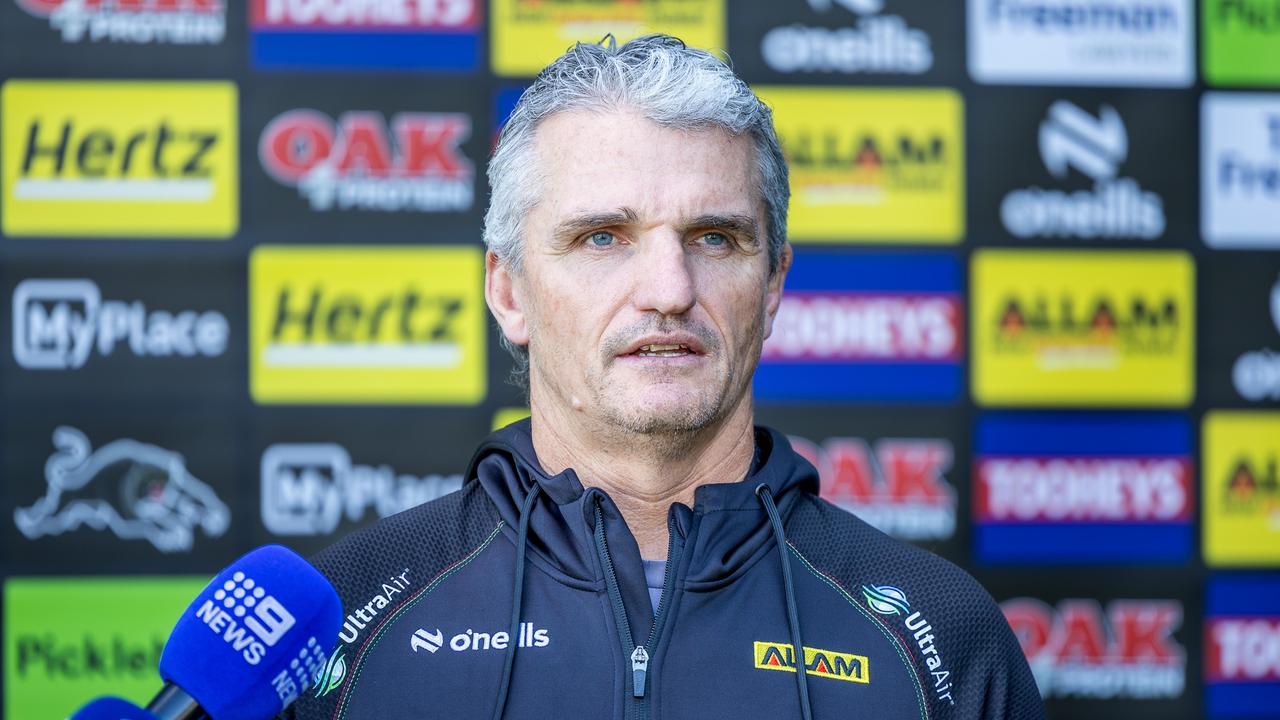
“If you can’t laugh at yourself, you are so fucked”: During a conversation yesterday at The Atlantic Festival with Atlantic staff writer Sophie Gilbert, Monica Lewinsky said this was one of the most important things she’s learned. In 1998, as a 24-year-old White House intern, she was entangled in a sex scandal involving President Bill Clinton and quickly became a subject of international scorn. A few years later, she went to graduate school and tried to live a “normal” life, but eventually came to understand that there was no road back to anonymity. Instead, she began to imagine herself as “a poster child for having survived shame.” Today, Lewinsky is an anti-bullying activist, a TV producer, and the host of the podcast Reclaimed—whose title, for her, holds multiple significant meanings. She and Gilbert discussed how much has changed, both in her own life and in American culture, since the 1990s, an era when the lives—and mistakes—of young women were a reliable punch line.
This interview has been edited and condensed for length and clarity.
Sophie Gilbert: There’s a quote I’ve been thinking about a lot this year—and I know a lot of women have too—from Gisèle Pelicot, about how shame must change sides. We are in a moment of reconsidering the way that women have been treated in media, particularly in the ’90s and the 2000s—people like Britney Spears; Amanda Knox, who you made a show about; Anita Hill; and Tonya Harding. In my research on this, the moment when people started being willing to do that began with an essay that you wrote in Vanity Fair in 2014 called “Shame and Survival,” which is an amazing piece of writing, and very funny. What made you want to come out and tell your story?
Monica Lewinsky: I had gone to graduate school in 2005—I, very naively, thought that I could leave Monica Lewinsky in the United States and move to London and just be a student. I was trying to get back on a more normal developmental path. I wanted to try and get a job, and I was not able to do that. So I both started to step into my anger about what had happened, and also began a decade of very deep and difficult healing work.
I had a real turning point moment when I learned about Tyler Clementi, who was an 18-year-old freshman at Rutgers University. He was secretly filmed being intimate with a man, and was shamed to a point where he jumped off the George Washington Bridge to his death. The worry of what shame does led me to look at the new landscape of the world. There were so many more people, especially young people, who were being publicly shamed. And I thought, Well, maybe I can be a poster child for having survived shame.
I met with Graydon Carter and David Friend, who became my editor at Vanity Fair. I said I had written some things. Graydon said, Well, we’ll take a look. If they’re good enough, you can do a first-person essay. And if not, we’ll do an interview. And I was dead set on having my writing be of the level that it could be a first-person essay, because it was so important to me that I reintroduce myself directly to people—not through the mediated lens of an interviewer.
Gilbert: I love that idea that you had to tell your own story, because no one else would get it right. When you published the piece, what was the immediate response? Could you feel anything changing?
Lewinsky: The early responses came in from the older generations, the ones who had been around during what we call “the brainwashing” in my family. And I think that it was mixed at first. The shift came when younger people who hadn’t lived through it were coming to the story with just the facts. They looked at this and said, How is it that the 24-year-old person with the least amount of power in this situation had the largest consequences for what happened? I’m very grateful to these younger generations.
Gilbert: How did it make you feel when we started to reconsider, for example, the media treatment of other women—people like Britney Spears?
Lewinsky: There’s an invisible thread that connects all of us women who go through an experience of public shaming. It doesn’t matter how big or how small. When any of us has some sort of collective recognition of what we went through, I think it heals all of us in many ways. So I was very happy to see that. It’s so important for a woman to be able to present themselves on their own terms and to be judged that way. People don’t have to like me, but at least judge me for my true self rather than for a version of me that was created for political reasons, for clicks—that shit.
Gilbert: The ’90s and the 2000s were this period of real dehumanizing, cruel treatment of women in the public eye. Do you have any sense of why that was?
Lewinsky: When you look at the culture of the ’90s, you start to see this clash of women owning their sexuality, but still being shamed for it; trying to move forward in the workforce, but still being held back—we’re still being paid less money today. We also saw the rise of the religious right. And then you have the technological context: CNN was the only 24-hour news channel for a long time, and it was in ’96 that MSNBC and Fox started, and it was the competition that changed that 24-hour news landscape. We started to have websites. The ability for a story to live on and travel so quickly was so new.
Gilbert: Your Vanity Fair story came out in 2014, and then, in 2017, #MeToo happened. It seems not unconnected that we’d had this wave of stories like yours, of people saying, Please pay attention to my version of things, see my humanity. It was almost like we were more primed to take women at their word, I think, because we had heard so many versions of that. How did you feel when that outpouring of stories came out?
Lewinsky: I can’t imagine that there was a woman alive who didn’t feel something. I think we all took the time to revisit not just some of the worst moments of our lives, but all the moments of our lives. It was interesting that when I, too, tweeted “#MeToo,” most people assumed I was talking about 1998, as if I hadn’t had any other experiences in my life. It took me a while to process. I remember Tarana Burke, as the leader of this movement, talking about how 1998 was an abuse of power. It makes me sad for me, a bit, that I felt I needed her permission—this makes me a little emotional. I didn’t want to crowd a landscape that I thought so many other women deserved. But I think that is also a reflection of what happened to me. So I wrote a piece again for Vanity Fair in 2018, called “Emerging from ‘the House of Gaslight’ in the Age of #MeToo.”
Gilbert: Do you think that people generally have become more empathetic, especially to young women, since the ’90s? Obviously there’s a lot of real, profound cruelty online still, but it does seem like there’s more sensitivity and more understanding of abuses of power, for example.
Lewinsky: I think empathy is something we’re thinking about more. We are finding ways to have more empathy, online or offline, and be supportive of people—though awful things are also happening.
What I also think is that the younger generation of women have been raised differently. They see themselves differently. It doesn’t mean they don’t experience shame in the same way, because they do. But it feels like, in my experience, they have more self-worth than what Gen X had. You’re a Millennial, right?
Gilbert: I’m an old Millennial. But they also have the language—I never had used the word gaslighting.
Lewinsky: Right! In ’98, slut-shaming wasn’t a word, fat-shaming wasn’t a word, cyberbullying wasn’t a word. Less than a decade ago, I was in my therapist’s office, talking about something difficult that had happened to me as a teen, and she said, That’s an unwanted sexual experience. We didn’t have language for that.
Gilbert: We didn’t even have the word consent, I don’t think, back in 1999. I’m glad you mentioned the 2018 piece—there’s a quote that I took from it, because I think it’s really powerful. “An important part,” you wrote, “of moving forward is excavating, often painfully, what has gone before.” It gets at the idea that to have progress and to force change, you really do need to reckon with the past, which is sometimes a really unpleasant process.
Lewinsky: And expensive! I say that because the conversation that I felt didn’t happen when we were talking about #MeToo was, How are we going to help people get the help they need to heal? And part of the deep pain and realization that I had to go through when I came out of graduate school—I ultimately realized I couldn’t run away from being Monica Lewinsky. I had to find a way to be proud of the person that I am, and try to be gentle with myself for the times that I wish I had made different choices. I think of it like a spiral tilted on its side: It feels like we revisit these old things, but we’re actually going back to go higher. And I don’t know if it ever ends, until our last breath. It’s hard, it’s tiring, it depletes you. But it’s so important.
Gilbert: But you haven’t just done it for yourself. You’ve also had this new arc of your career where you help other women tell their stories—on your podcast, and through your series with Amanda Knox about her story.
Lewinsky: The podcast, Reclaiming, was this idea that I started to notice in myself. I thought that I might write about it from personal experience, and it soon became way more interesting to turn the lens outward and to be able to have conversations with people. On the podcast, we use a very elastic definition of reclaiming. It actually permeates almost everything we do in life—loss and grief and healing and resilience and ultimately triumph. That’s all living underneath the concept and the ethos of reclaiming.
And in terms of The Twisted Tale of Amanda Knox, a dramatic scripted series—Amanda is an executive producer on the show as well. She was created to be a monster, and she ended up wrongfully convicted and wrongfully imprisoned for four years. I felt it was important because of this sense that what happens to one woman happens to all women, because we all become collateral damage. We all internalize the misogyny.
Gilbert: Through everything, what have been the most profound lessons that you’ve learned?
Lewinsky: Probably that you can survive the unimaginable and you can move forward, you can thrive. As I said in my TED Talk, you can insist on a different ending to your story. None of us realizes how strong we are until we’re tested.
Other than that, probably the importance of investing in true relationships: family, friends, romantic. I think half of the reason I was able to survive was both the support of my family, and how my family and my friends would reflect back to me my true self. And the third thing would be that if you can’t laugh at yourself, you are so fucked. I say that a lot, and I laugh at myself a lot. And I think laughter is an incredible healing frequency.



